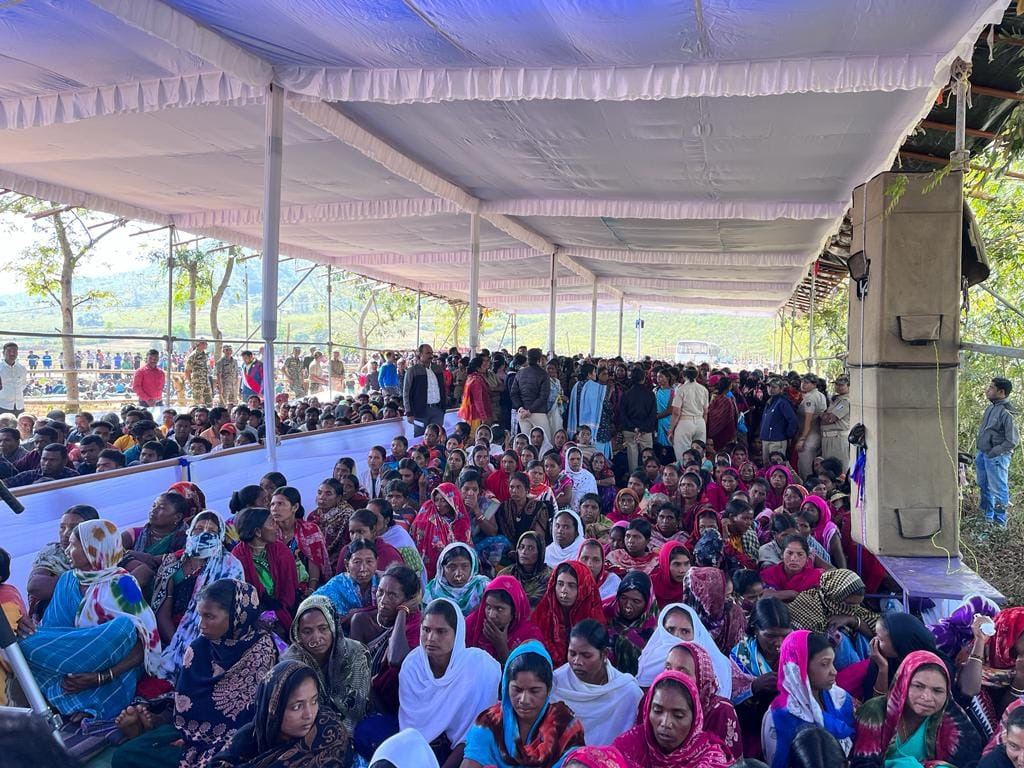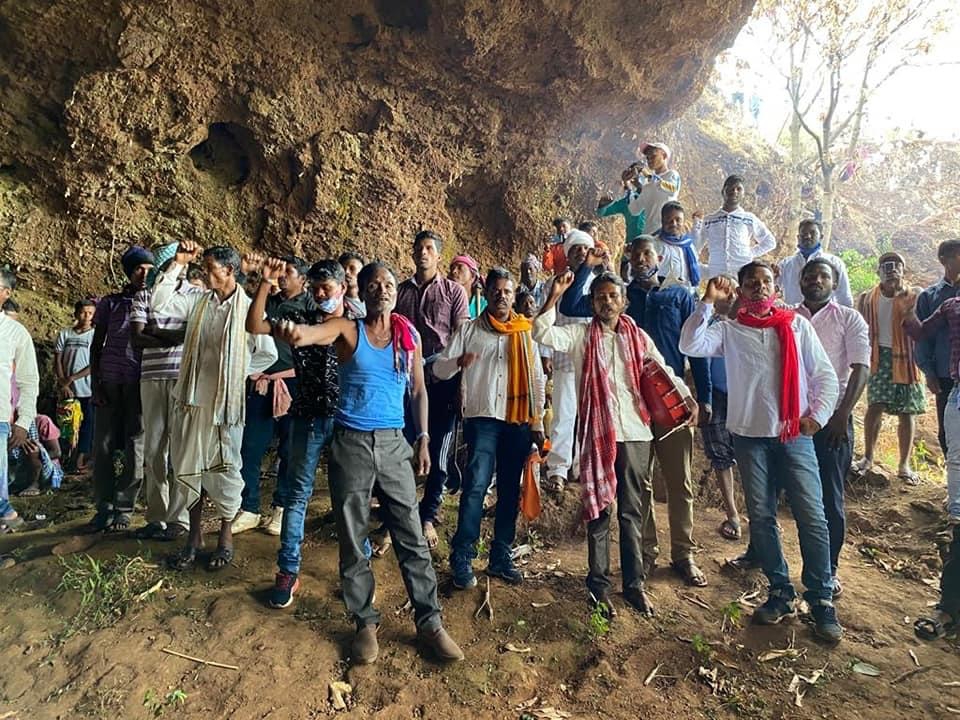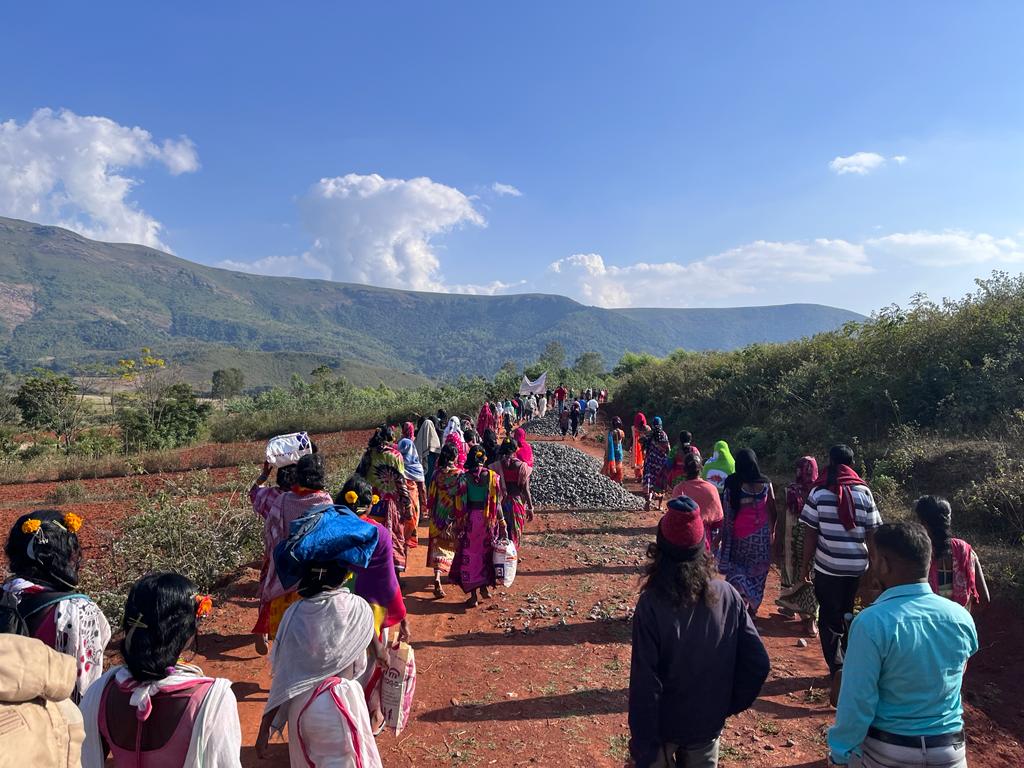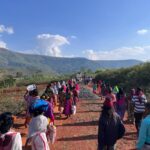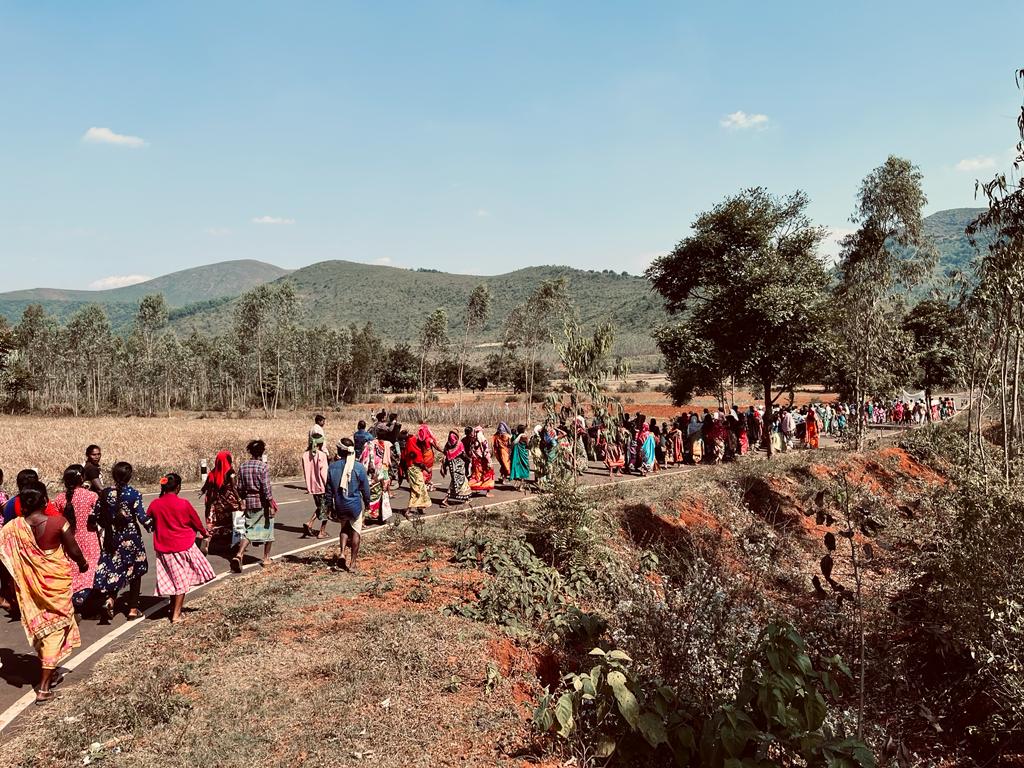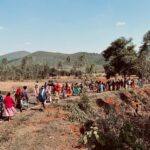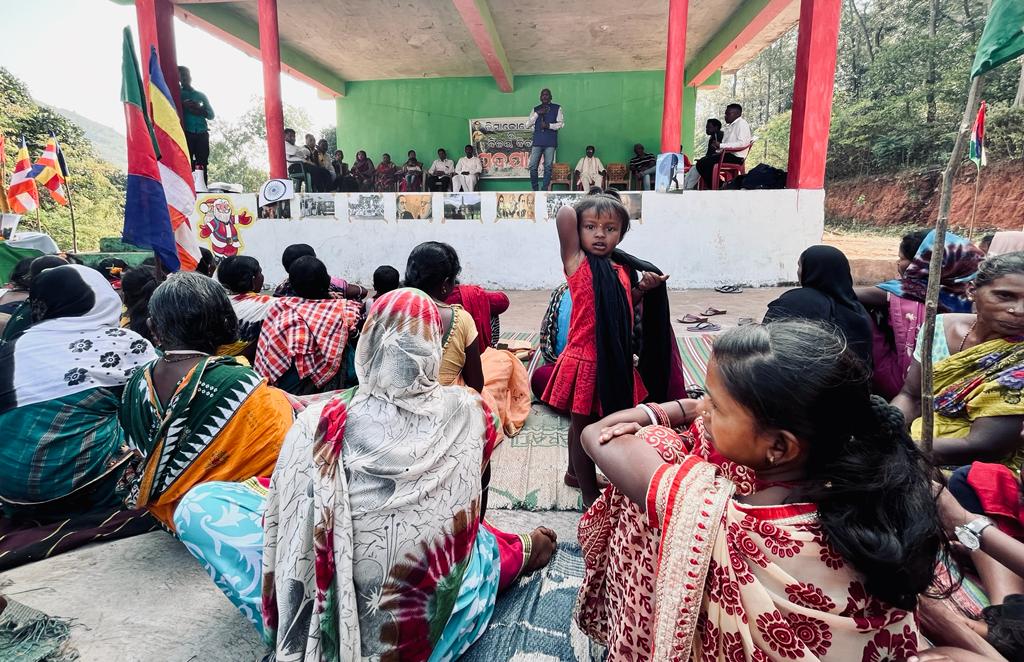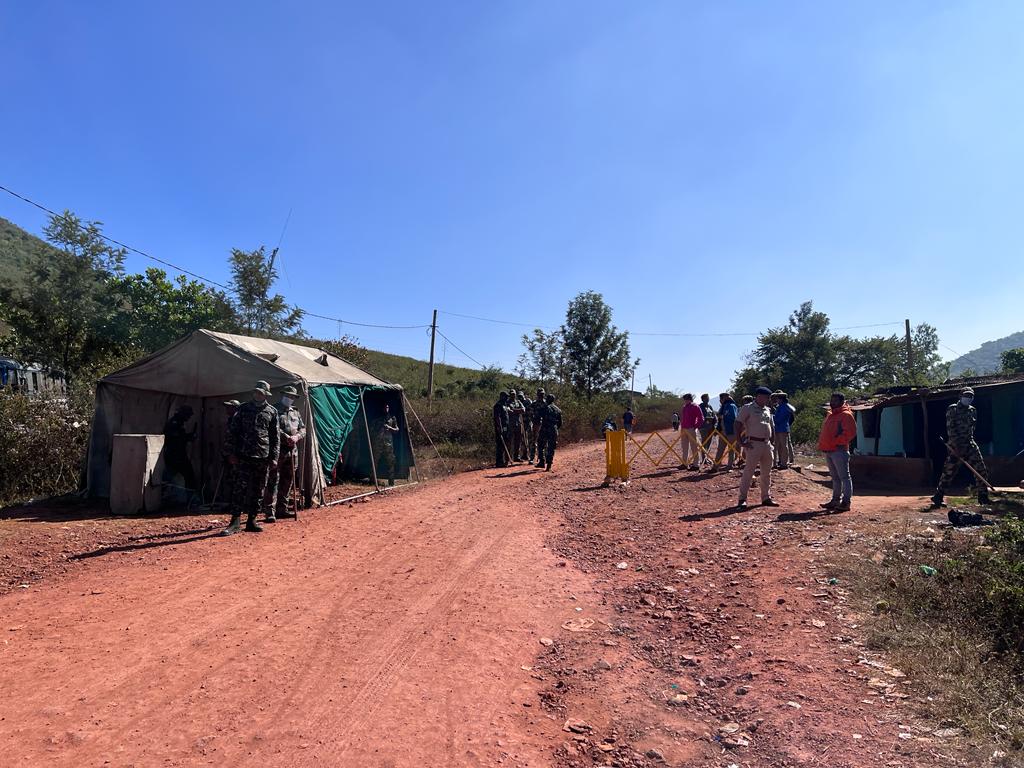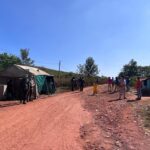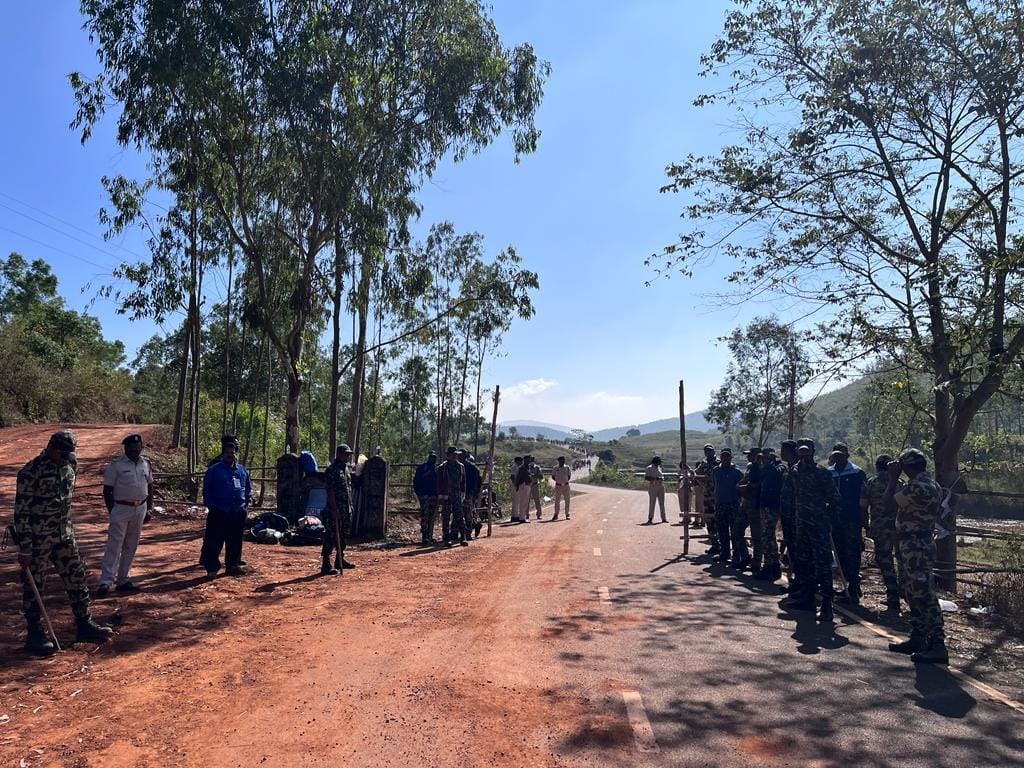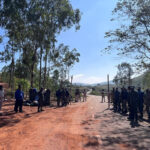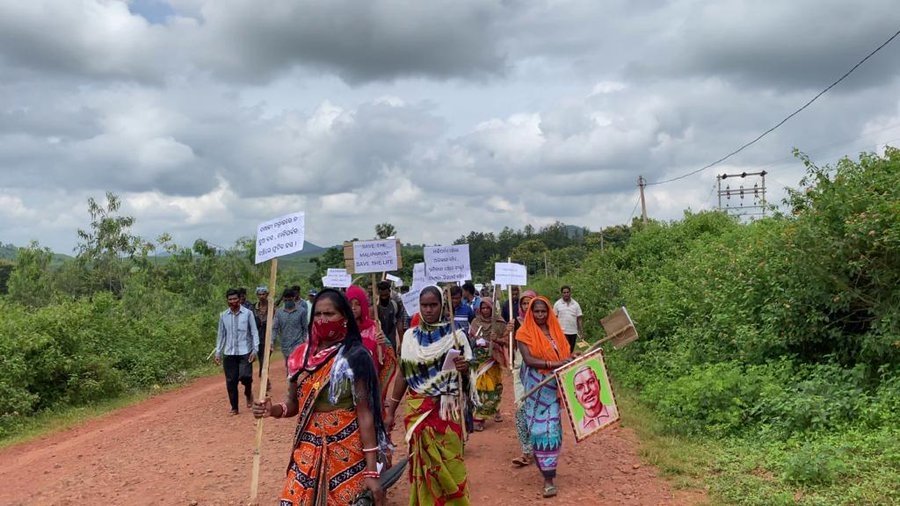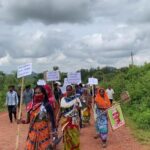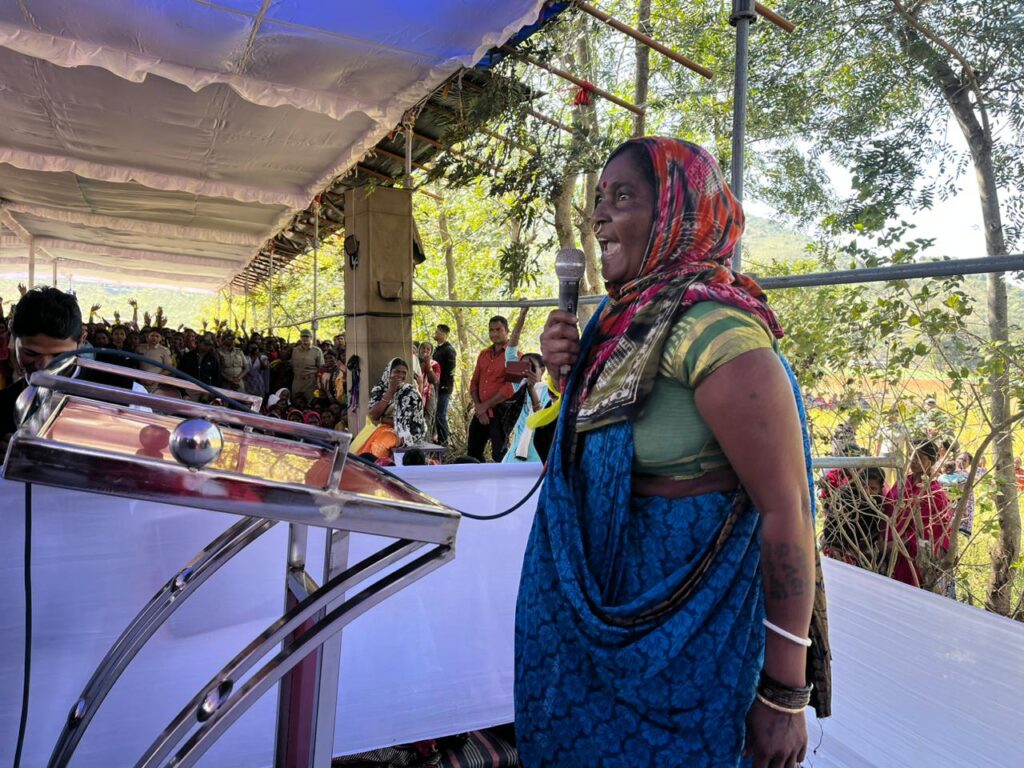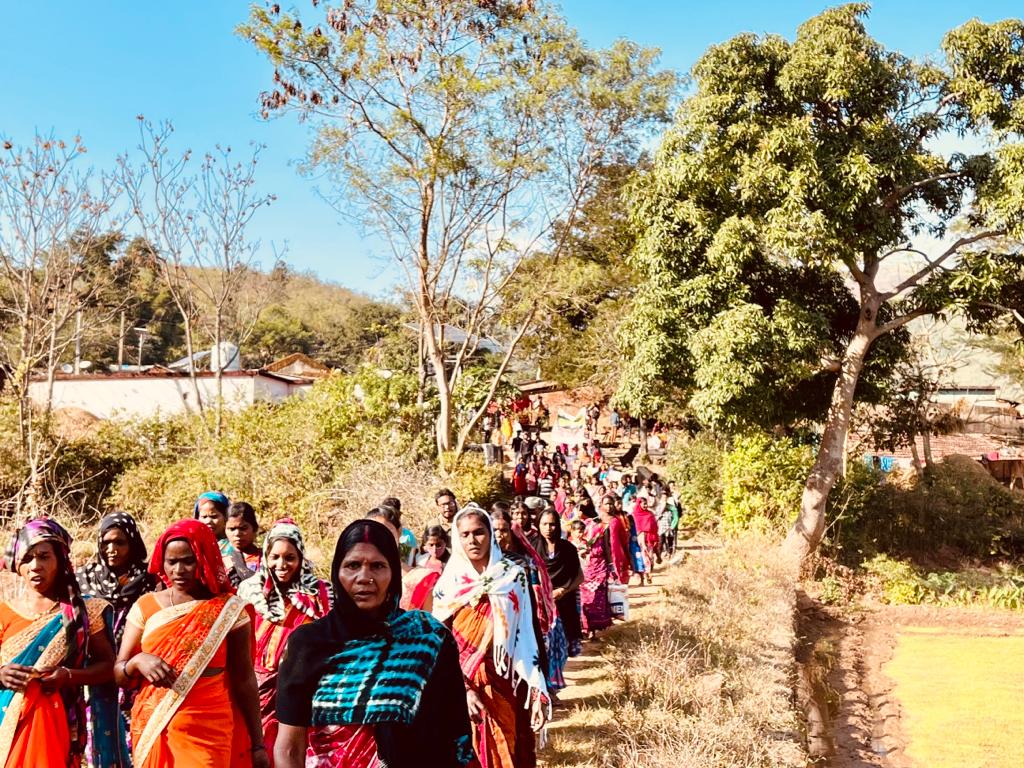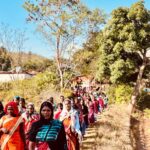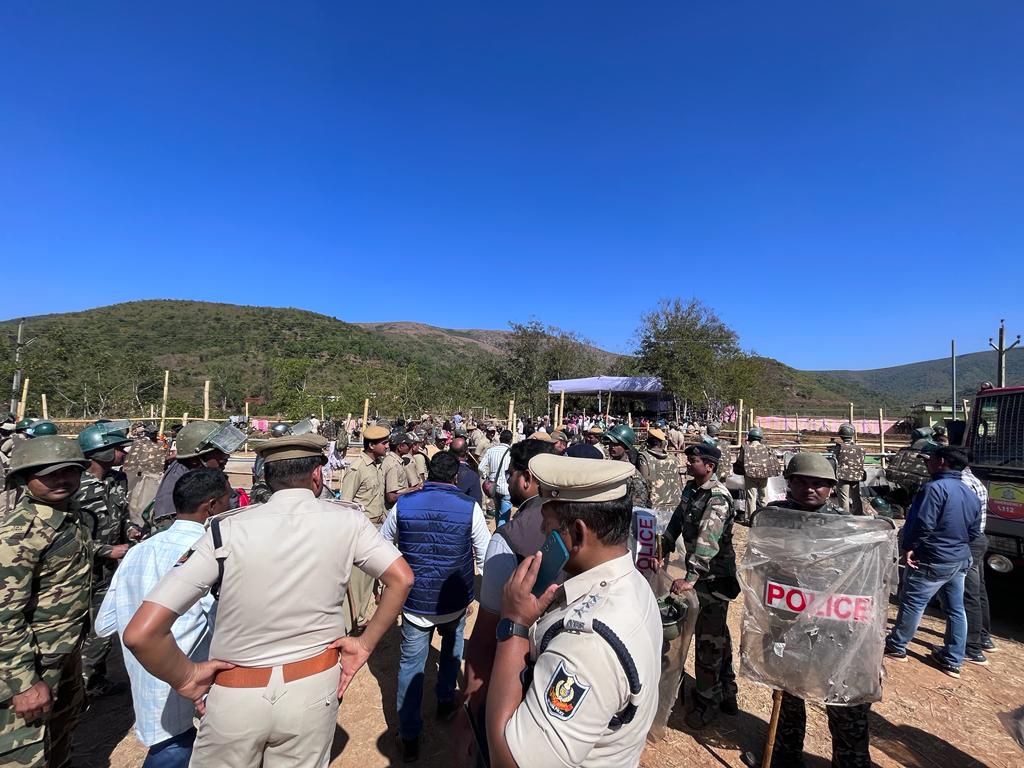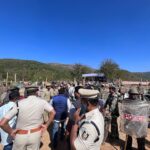Tribals to continue to oppose Mali Parbat mining project in Odisha
Situated about 40 km from Koraput in Odisha, Mali Parbat is a bauxite-rich area in Odisha. It has been at the centre of a controversy since 2003 over a mining project to tap bauxite for the aluminum giant, Hindalco, part of the Aditya Birla group. Right from the time that the project was announced, tribals living in the area rose in protest saying that not only was the Mali Parbat sacred to them, but it was also the guarantor of their livelihood.
Around 36 perennial streams flow through the foothill and connect with the Kolab River. According to the tribal communities, the Kolab River is the main source of water for the region and they use the water for their daily needs as well as for irrigation and hydropower generation. The area is used for the purpose of cultivation and foraging of vegetables that are sold in the market and is a key source of income for many tribal people.
A total of 44 villages, housing over 20,000 families, that belong mainly to the Kondh, Pajara and Gadaba tribal communities, are threatened by the mining project. Hence, when the project was awarded, the tribals organised themselves and formed the Mali Parbat Surakhya Samiti (MPSS) to jointly oppose the project.
“In 2003, the mining company, Hindalco, part of the Aditya Birla Group, was granted a lease to operate on the bauxite-mining project for a brief period, which expired in the year 2011. During the year, 2007 to 2011, the mining company failed to start its mining project due to the opposition from the tribal people and hence its five-year environmental clearance lapsed. From 2011 until 2014, Hindalco began mining in a small way, taking out about 68,000 tonnes even though it was illegal as their environmental clearance had expired. Later on, after the lease expired, the mining operations were stopped,” Sharanya Nayak, a development consultant and member of a farming commune, Rangmatipadar from Koraput of Odisha tells Media India Group.
“In the year 2014, the movement for opposing the mining project geared up, and the tribal people again started a protest against it. The locals started blocking the roads and closed the offices of the mining company and the office of the company was closed which resulted in stopping the mining in the area. In 2016, the mining company again applied for the renewal of its mining project order and expansion of its mines, but the Expert Appraisal Committee (EAC) of the Environment Ministry shot down the plan by saying that the mining company has done illegal mining for the two years and have not been able to restart the mining legally and therefore, the renewal order was cancelled,” Nayak adds.
In 2019, the EAC directed the mining company to go through a fresh public hearing for EC as the previous clearance had lapsed. Because of the outbreak of the pandemic, the public hearing could not be held.
Nayak says that “On September 22, 2021, the company tried to hold a ‘stage-managed public hearing’ as it began before the scheduled time and when only a handful of people, mainly supporters of the project, were present. The meeting had to be disbanded when the opponents reached the spot and it led to clash between the company representatives and the opponents”.
Nayak adds that the locals who were protesting against the project were not allowed to speak in the public hearing, only those who were in favour of the mining were allowed to speak.
Locals accuse the police and administration of siding with the mining company. They say that the police are being used to instil fear among the villagers and are trying to change their ideas and turn them to make them vote in favour of the mining project.
The company then organised another public hearing on November 22, 2021. Activists say that once again it was anything but free or fair as a large number of police and paramilitary forces were assembled there, putting pressure on the locals to go along with Hindalco’s plans.
Locals say that the hearing was again not fair or free as the whole area had been barricaded and most of the opponents were prevented from reaching the spot and only a small number of the tribals opposed to the project were allowed to speak.
“More than 1,500 tribal people were prevented from attending the hearing by the police at various checkpoints,’’ says Nayak.
Seeing that the administration was completely aligned with the company instead of protecting the tribals’ interests, the activists under MPSS moved the Odisha High Court in January 2022 seeking a free and fair hearing and to nullify the hearing held in November 2021.
In December, 2022, the High Court granted the plea and ruled that the November public hearing was null and void and told the state pollution control board and the district administration to hold another public hearing, which was finally held on January 7, 2023.
Nayak says that even though again this time there was a heavy police presence, but the people were could not be stopped from going to the hearing because the court was directly monitoring it and also people were better prepared and hence not intimidated by the police or company officials.
Nayak says that about 85 persons came for the hearing, of which about 65 were opposed to it.
“Before the Gram Sabha meeting, in September 2022, a notice was issued from a local police station to the residents of 41 villages around the Mali Parbat, accusing the tribal people of conspiring to disrupt the meeting”, Nayak tells.
“Some of the villagers were summoned to the police station and were detained by the local police to prevent them from attending the Gram Sabha meeting. Around 20 police platoons were deployed at the meeting site to avoid any disruptions and barbed-wire barricades were set up near the site. Many other villagers were also not allowed to reach the meeting on September 2022”, says Rajaram Sunderasun, an activist and student of Adivasi movements from Odisha.
“More than 28 activists were arrested and falsely charged with the cases of rioting, destruction, carrying weapons and harming the members who were present in the public hearing”, Sunderasun adds.
Standing over 1300 m, Mali Parbat is one of the highest peaks in the Eastern Ghats and is extremely rich in biodiversity, but is also the abode of a sacred deity of the region there is a huge cave where the tribals have been worshipping for centuries.
The hill is also source of 36 perennial streams which help in keeping the land around fertile and irrigated throughout the year. These streams also feed into the Kolab River which in turn provides water to the entire region, including Koraput city, the aeronautics plant of Hindustan Aeronautics Limited and several other key places. Nayak says that by mining the Mali Parbat, the project will turn the entire area into a desert, depriving thousands of people of their livelihood and also severely hit the water availability in the region.
The residents of the villages also agree. Niran Maliguda is a farmer living in Semiliguda village, barely 10 km from Mali Parbat. He has a 600-acre farm and grows various crops including rice and vegetables. He is also strongly opposed to the mining project as it directly threatens the survival of his farm, besides causing widespread damage to the entire area.
“There is a large tribal population living around here and if the mining starts, it will impact our environment and surroundings. There will be lesser water and the mining will also harm our health and there will be a rise in pollution levels in the region,” Maliguda tells Media India Group.
“We have been opposing the plans of the mining company because we do not want our hills to be destroyed in the name of development which is going to affect us in the long run and that is why we are raising our voices and protesting against the mining project,” he adds.
“There are people who are in favour of mining, they do not know how many ill effects it has and they are doing the wrong thing by supporting it. Also as they are being paid by the mining company, they say anything and it will destroy our future,” says Maliguda.
KK Nagvali, another tribal farmer from Semiliguda is also opposed to the mining project. “We revere the hill. The sacred cave of Pakuli Debi, a local deity that is being worshipped by the tribal communities is connected to their faith. Any devastation of the hills due to mining would go against their faith and hurt their sentiments,” Nagvali says.
Critics say that the Mali Parbat project displays exactly how the government and the companies are treading on the basic fundamental rights, guaranteed by the Constitution.
“The Mali Parbat is an example where these companies are doing the mining and with the help of local administrations, they are getting the permission when according to the Constitution, they cannot do it as the public hearing is needed if it is a scheduled area. These companies are denying the Constitutional right of these tribes and with heavy police presence, they are intimidating and threatening them,” Rajveer Kaur, a member of Forum against corporatisation and militarisation (FACAM), New Delhi tells Media India Group.
“In the name of development, if they displace these people and do the mining it is directly or indirectly affecting the environment and the health of a person and increasing the pollution. Deforestation is taking place in many regions of India, which is another reason for the displacement of wild animals as a result; man-animal conflict takes place. It is not only happening in Odisha, but different parts of India like Jharkhand and Chhattisgarh are facing the same. These tribal people are victims of the biggest conspiracies and repression by the government,” Kaur says.
“The mining companies are only looking for their profits while risking the lives of the people,’’ Kaur adds.

